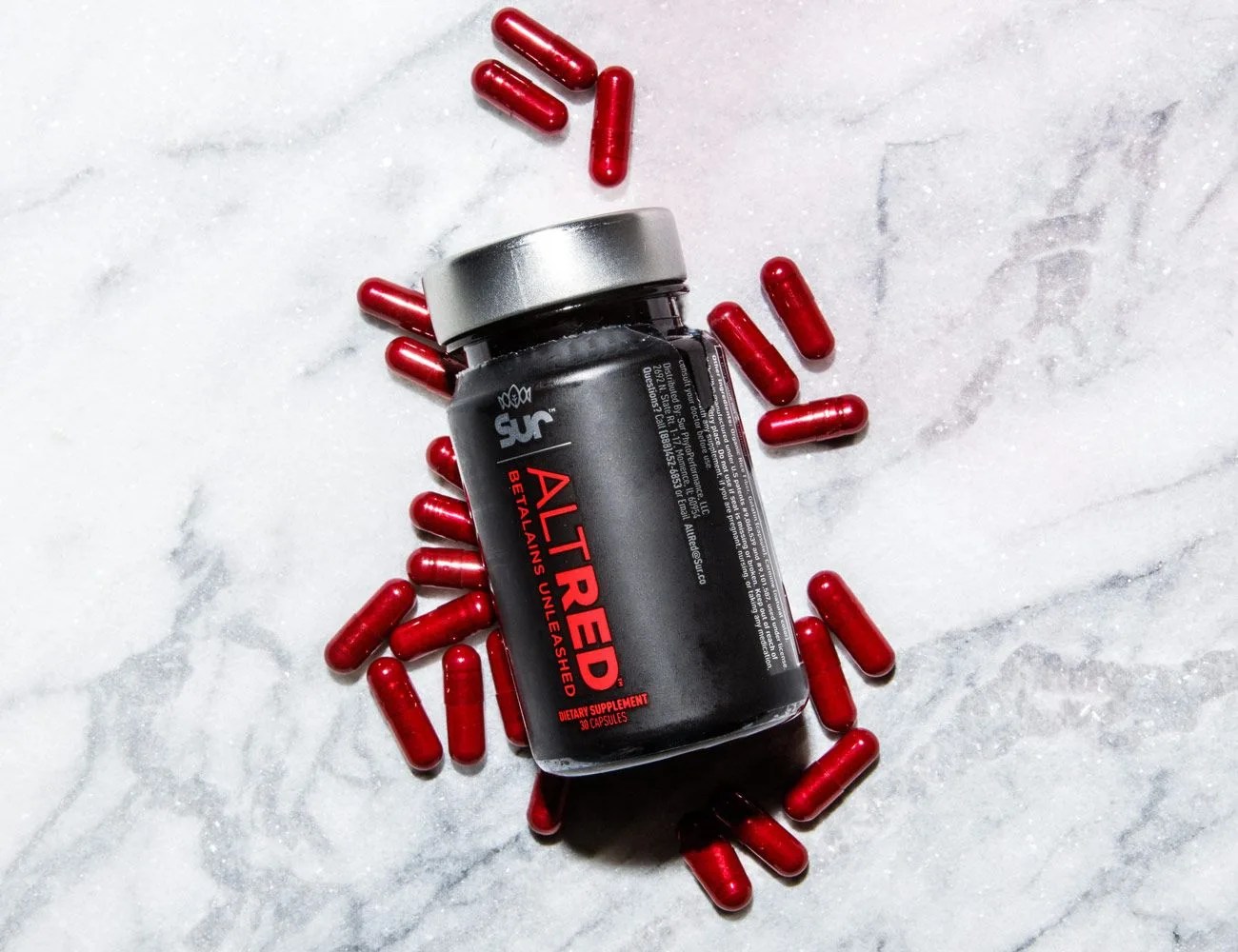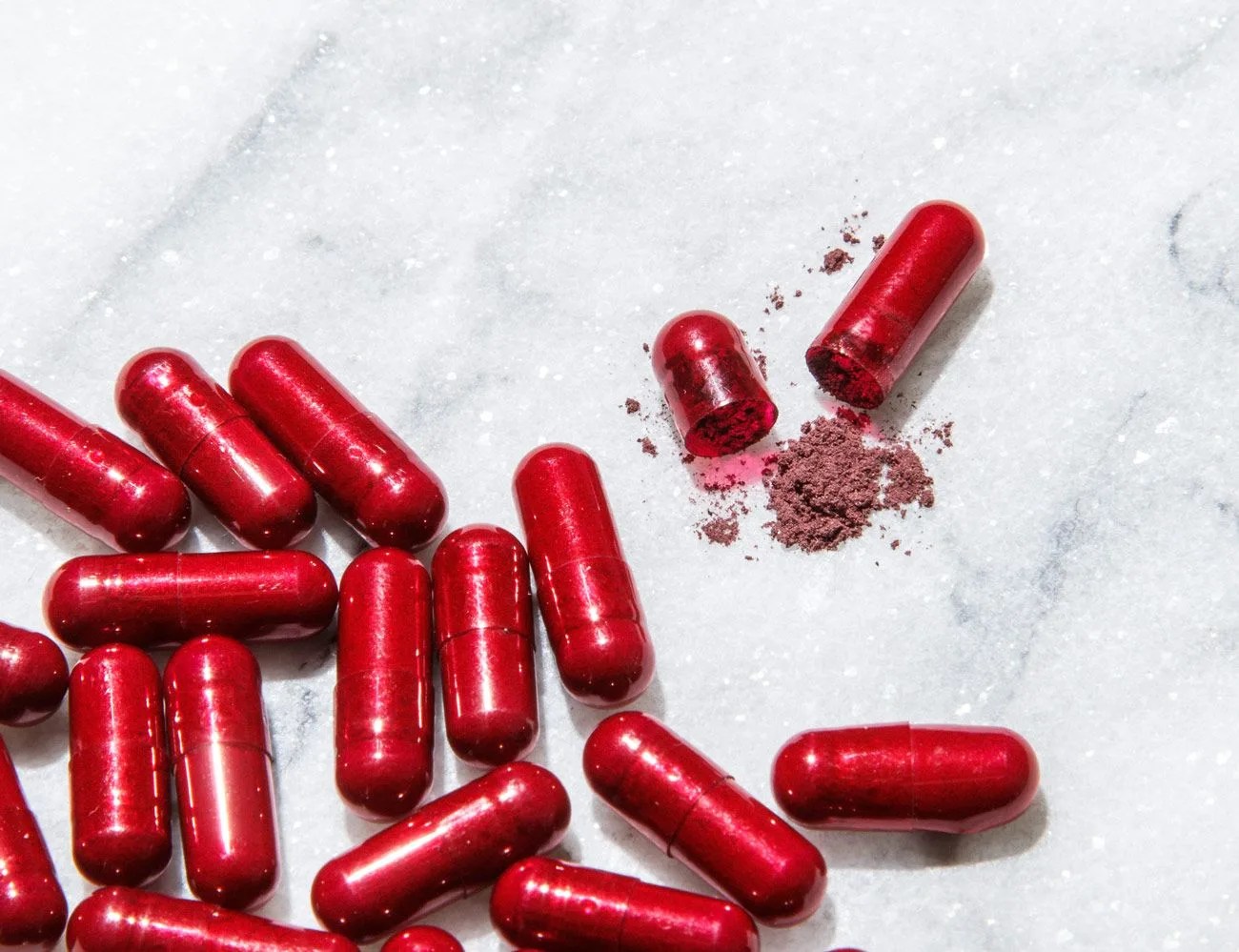At the start of England’s 2015-2016 Premier League soccer season, a small, century-old football club from Leicester was favored for relegation (a process in which the bottom three teams in the league are demoted and dropped into a lower league). Leicester City FC wrapped the season as Premier League champions for the first time since the club’s founding in 1884. English soccer fans across the country (and the world) were excitedly bewildered — but the result puzzled analysts and obliged British bookmakers to make the most significant payout in the sport’s history (the odds were 5,000 to one).
Following the win, many wondered how a team with such limited resources could produce such an unpredictable outcome. Smart management certainly played a defining role, but so did, according to an investigation by the BBC, an unorthodox training program. That program included cryotherapy — immersion in chambers that can cool to as low as minus 300 degrees Fahrenheit — and the regimented consumption of a particular food: beets. Or, more specifically, beetroot drink shots.
The use of beets and beetroot as an athletic performance enhancer isn’t entirely new. Ryan Hall, the recently-retired Olympic runner and the American record holder for the fastest half marathon, championed a beet-filled training diet that included beet pancakes, beet oatmeal and of course, beet shots. He was by no means the only high-profile endurance runner showing up at major races with lips stained crimson. Eliud Kipchoge, the 2016 Olympic gold medal marathon runner, is another purported beet juice drinker. So is the University of Virginia football team.

But how does a colorful root vegetable actually boost athletic performance? The answer lies in the dietary nitrate found in the veggie, which, when consumed, is converted into nitric oxide, which can increase blood flow and reduce the amount of oxygen needed for muscles to operate at an optimal level. Essentially, the body functions more efficiently and performance increases, so goes the thinking. Numerous studies corroborate that thinking; one example showed increased performance in a Dutch soccer team after six-days on a beetroot juice supplement. Another from researchers at the University of Exeter showed a boost in prolonged intermittent sprinting performance and even decision making, too.
Scientists are still digging to uncover beetroot’s athletic potential while runners, cyclists and football players on both sides of the Atlantic continue to guzzle the stuff, but some within the athletic community are skeptical of just how much of an effect the vegetable really has on performance. A 2016 study by researchers at the Canadian Sport Institute Ontario published in the scientific journal Sports Nutrition and Therapy found that concentrated doses of beetroot juice, in fact, did not improve endurance among elite triathletes during a middle distance 30-minute cycling time trial.
The key word in the CSIO study is “elite.” In the introduction, the authors argue that “the majority of research studies reporting exercise benefits of NO3-supplementation have been conducted on moderately/recreationally active subjects,” or in other words, amateurs. According to the researchers, when it comes to professional and elite athletes who have already achieved peak fitness levels, athletes competing at a high enough level in which a 0.6% increase in performance might realistically impact race results, beetroot shots do nothing.

